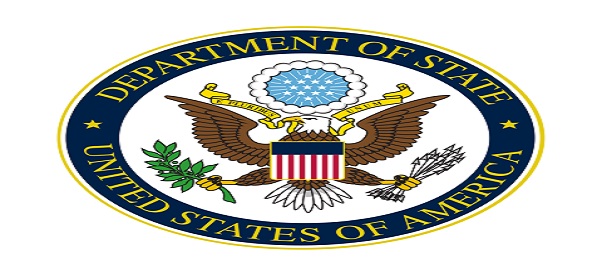MONROVIA, LIBERIA – In a bid to combat corruption within Liberia’s government, the United States is contemplating imposing additional sanctions on a range of individuals including current ministers, directors, director generals, managing directors, senators, representatives, members of the judiciary, media personnel, former officials, diplomats, and private business persons. These measures aim to hold accountable those involved in war crimes, economic crimes, and human rights violations.
The move comes as part of a broader international effort to address the rampant corruption that has plagued Liberia for years, hindering progress and undermining public trust. The potential sanctions target high-ranking officials who have been implicated in corrupt practices, with a special focus on those possessing foreign citizenship.
This bold approach underscores the United States’ commitment to assisting the Liberian government in its fight against corruption and ensuring that its citizens are represented by officials who operate with integrity and transparency. By placing sanctions on individuals responsible for these offenses, the US seeks to both deter corrupt behavior and demonstrate that there will be consequences for those who engage in such activities.
The US government, in collaboration with international bodies, plans to carefully scrutinize and assess evidence surrounding accusations of war crimes, economic crimes, and human rights violations committed by these individuals. If found guilty, culprits will be held accountable under international laws and subjected to the appropriate legal measures.
While the exact details of the sanctions are awaited, it is anticipated that they will involve targeted restrictions on travel, freezing of assets, and possible limits on foreign assistance or investments. By employing a multi-pronged strategy, the US aims to address the root causes of corruption and alleviate its adverse impact on Liberia’s development.
The potential implementation of additional sanctions on Liberia’s officials marks a critical milestone in the fight against corruption. International actors are poised to stand in solidarity with the Liberian government and facilitate the establishment of a credible and accountable administration that serves the best interests of its people.
Only time will tell how effective these measures will be, but for now, the stance on corruption is a clear indication that the US remains committed to supporting Liberia’s journey towards progress and a corruption-free future.







